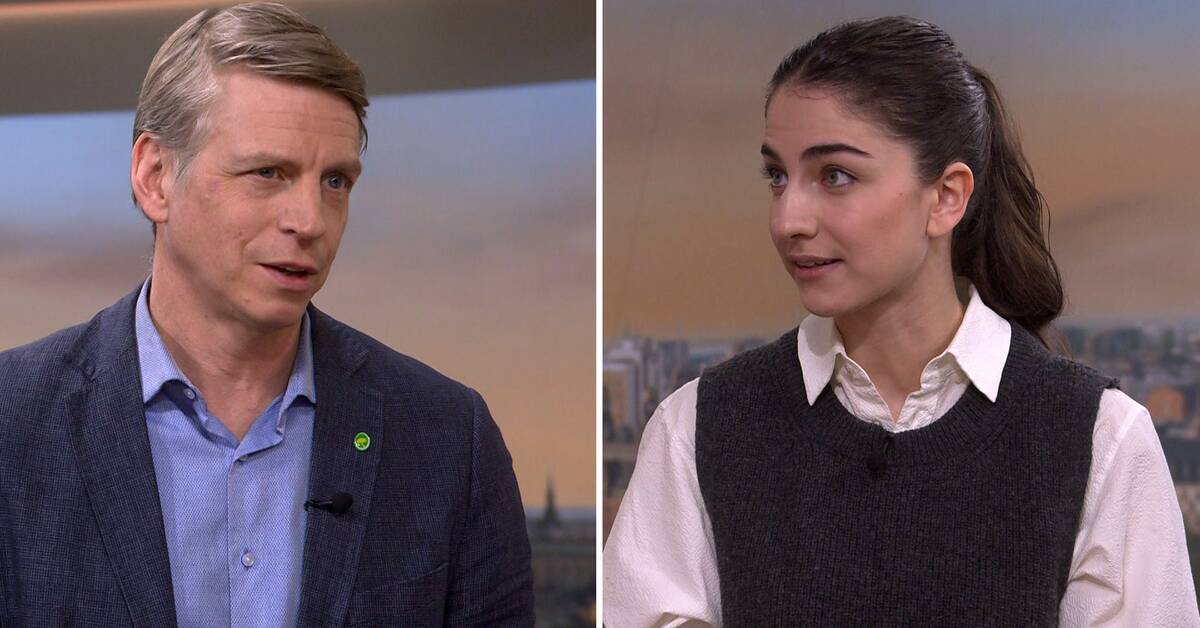The IPCC's latest report is described as a final warning bell from climate scientists. Emissions must be reduced immediately by 43% by 2030. Instead, emissions are increasing even if the rate of increase has slowed somewhat, one of the few glimmers of light according to the IPCC.
Bolund: "Widening the gaps"
The biggest criticism is about how slowly decision-makers act, says SVT's climate correspondent in an analysis. Mp spokesman Per Bolund agrees. On Wednesday morning, he met with Climate and Environment Minister Pourmokhtari for a debate in the Morning Studio.
"What is needed now is action, that the government actually listens to the research. This government is doing the opposite of what the IPCC says on point after point. You increase emissions when you should be reducing, you do not use the solutions that exist today but wait for new technologies, says Bolund.
"You increase the gaps, tensions and poverty in society when you should be helping people to be part of the transition," he continues.
Net zero emissions in 2040
Sweden's Minister for Climate Change and the Environment thinks there is too much talk about how to adjust the goals when, according to her, there should be more talk about how the goals that are set are to be achieved. Among other things, she points to the need for more electricity to help emission-heavy sectors transition.
The UN points to the need for net zero emissions by 2040, the government's goal is 2045. The goal for 2030, Finance Minister Elisabeth Svantesson (M) has stated that it will be difficult to achieve.
"What needs to happen is that we make emission reductions, not where the targets lie," says Pourmokhtari.

